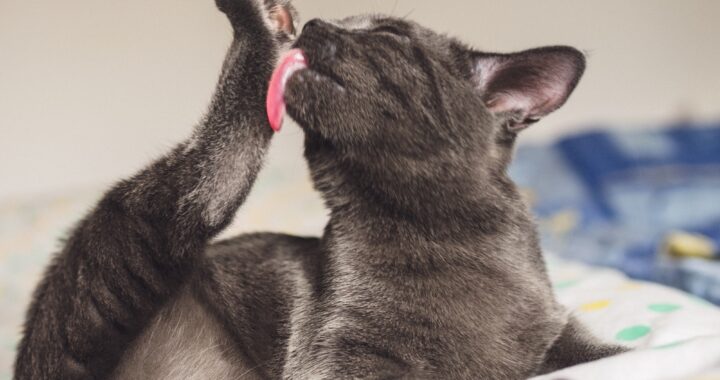 If Your Kitty Starts Thinking Outside the Box…
If Your Kitty Starts Thinking Outside the Box…
When you come home to the frustration of a kitty “Oops,” your first thought might be that your companion is just acting naughty… or intentionally trying to annoy you. But what is your friend really trying to tell you with those litter box accidents? And how can you get kitty back on track and back into the box? Start by asking the following questions:
Does Your Kitty Have a Health Problem?
If your feline suddenly starts going outside the box, it’s time for a visit to the vet! Some conditions, such as urinary tract infections, can make elimination urgent or painful. Your kitty’s bad behavior might be a cry for help. Let your veterinarian know about the litter box accidents, and ask them to screen for potential medical causes.
Is Your Feline a New Family Member?
If you recently brought a furry family member home—only to discover that kitty is having litter box accidents—it’s time for (re)confinement. Young kittens need to stay in a bathroom or other small room until they can remember where their box is and practice getting back to it in time. Adult cats find change stressful and may need even MORE time in confinement than kittens. (A cat who is at ease and relaxed is much more likely to use the box appropriately.) New kitties should only come out of confinement after they’ve earned a gold star for their litter box habits. For more tips, see “Why to Confine Your New Kitty.”
Is the Litter Box Clean?
With some cats, you may be able to get away with scooping now and then… but other kitties are neat freaks by nature. If your cat starts having accidents, try cleaning the box thoroughly every day. If that solves the problem, those “accidents” were really a plea for a cleaner potty.
Is There a Problem with the Box, Litter, or Location?
Just like humans, felines are individuals! One cat’s favorite kind of litter might seem yucky to another, so try switching up the type. Some cats find covered boxes claustrophobic and scary, so try taking off the lid or getting a different box altogether. Skittish kitties may even become startled by the noises self-cleaning boxes make. Some cats don’t like to share: make sure to have as many litter boxes as you have cats, plus one additional box. Cats may also become frightened by the location of the box. Loud noises, lots of foot traffic, and spaces that are too difficult to access can all cause problems.
Is Your Cat Declawed?
Studies show that declawed cats have a significantly higher rate of inappropriate elimination. Declawing is an intensely painful procedure. While recovering, kitty may have learned to associate scratching in the litter box with painful paws. (If there were complications from the procedure, kitty might even still be in pain.) If your kitty isn’t declawed, save yourself a lot of frustration and your kitty a lot of pain—say no to declawing!
Could Changes in Routine be Causing the Litter Box Accidents?
Cats are creatures of habit: adapting to change is not their favorite activity. Changes in living space, additions to the family, absence of a loved one, shifts in schedule… any disruption could become a behavior-changing source of stress. Kitty may need some extra attention and love from you to adjust to the transition.
Is it Time to Consult an Expert?
If kitty’s litterbox problems are behavioral, not medical, a professional behaviorist can help you determine the cause of kitty’s “outside the box” thinking and find a solution. You can find a behaviorist working in your area. (The ASPCA’s “Virtual Behaviorist” tool, is also a free and easy way to get further information.)



